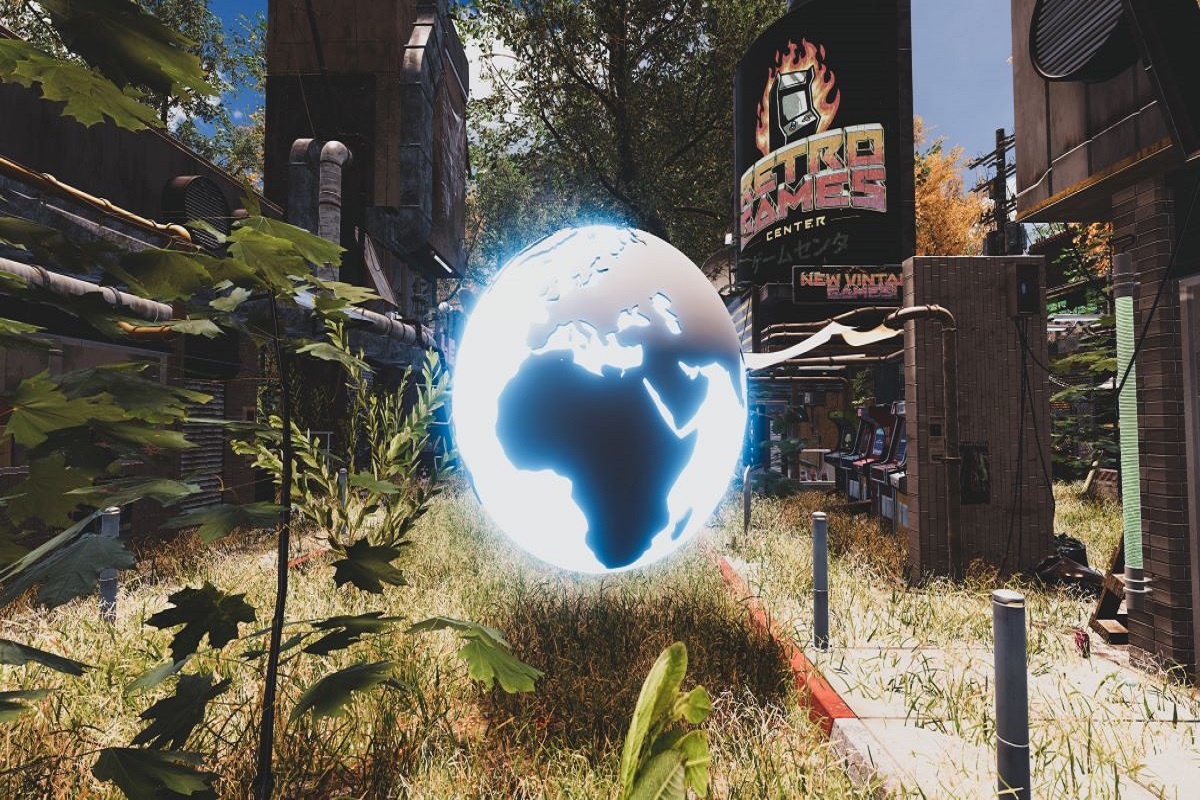Why Africa Could Soon Dominate the Global Web3 Gaming Scene
Africa is becoming a player in the gaming industry and it’s all thanks to the mobile gaming market. Mobile gaming accounts for 92% of all gaming in Africa, and developers and investors are taking notice. This trend will continue to grow as internet access becomes more widespread and affordable.
The African gaming market is forecasted to reach $3.72 billion by 2029, driven by increasing internet penetration, falling mobile data costs and innovations like cloud gaming, which brings high-quality gaming to low-end devices. African developers are also cashing in on this opportunity to create tech-driven experiences that cater to the needs and preferences of African gamers.
This mobile gaming trend hasn’t gone unnoticed by international investors, who are starting to see Africa as a key player in the gaming industry. The continent’s fast adoption of mobile technology and the massive untapped audience has made Africa an attractive market for Web3 gaming.
Web3 Gaming Opportunities
Web3 gaming, or GameFi, is the new frontier for gaming in Africa. This space combines the immersive experience of blockchain games with decentralized finance (DeFi), where players can earn rewards as they play. African gamers are loving this, and popular titles like Axie Infinity and Hamster Kombat are gaining traction across the continent.
At the heart of this trend are non-fungible tokens (NFTs), which allow gamers to own in-game assets, trade them or even monetize them outside the game itself. This adds a whole new dimension to gaming and gives developers new ways to make money, making GameFi very attractive in Africa.
As this plays out, funding is flowing in. The Sony Innovation Fund and other investors have seen the potential of Web3 gaming in Africa and are backing startups and initiatives that drive this space. With investments focused on Web3 gaming infrastructure, African developers are getting the resources to build, scale and serve local and global markets. With Africa’s mobile gaming expertise and fast adoption of blockchain, it has all the ingredients to be a global leader in Web3 gaming.
Web3 Gaming Challenges in Africa
Despite the potential, Africa’s Web3 gaming industry has many challenges. One of the biggest is the lack of regulatory frameworks for Web3 and blockchain. Only a few African countries have laws that support blockchain based industries, others are still debating how to regulate the space. This lack of regulation hinders innovation as compliance requirements and regulatory uncertainty make it hard for startups to operate.
Education and awareness around Web3 gaming and blockchain is low in many parts of Africa. This gap is a barrier to adoption as potential users are wary of new technologies they don’t understand. Also, the risk of scams and fraudulent schemes in the Web3 space means we need to be extra secure, especially in a new market like Africa. Protecting players and their assets is key to building trust and growing Web3 gaming across the continent.
Overcoming the Challenges
Despite these challenges, Africa’s Web3 gaming future is not doom and gloom. Regulatory sandboxes is one way forward, a controlled environment where startups can build and test products with regulatory oversight. This reduces the compliance burden and allows companies to focus on innovation. Collaboration between African developers, investors and regulatory bodies is also key to addressing these challenges. Such partnerships can create an enabling environment for Web3 gaming and set the stage for long term growth.
Education and awareness is also key. By promoting digital literacy and explaining the benefits and risks of Web3 gaming, African developers and investors can get more users to adopt the technology. Knowledge-sharing programs and partnerships with educational institutions can help demystify Web3 for the average user.
Going forward, African developers can build on the continent’s strengths by creating games that are culturally relevant and immersive. Games that reflect local cultures, folklore and narratives can resonate with players in Africa and globally and put the continent on the map as a creative force in the Web3 gaming space.
Web3 Gaming in Africa
With the right mix of regulation, investment and innovation, Africa can be a global leader in Web3 gaming. The gaming market is growing fast and the appetite for Web3 is growing with it. For African developers the future is big and they can make a global impact not just by building games but by inventing new forms of player interaction, ownership and revenue in the gaming space.
Africa is going digital and will shape the future of gaming. With the right approach and determination to overcome the challenges, Web3 gaming in Africa will be big for the continent. It’s looking good and we’re ready to play.
Editor’s note: This article was written with the assistance of AI. Edited and fact-checked by Owen Skelton.
Credit: Source link


 Bitcoin
Bitcoin  Ethereum
Ethereum  Tether
Tether  Solana
Solana  XRP
XRP  Dogecoin
Dogecoin  USDC
USDC  Cardano
Cardano  Lido Staked Ether
Lido Staked Ether  TRON
TRON  Avalanche
Avalanche  Toncoin
Toncoin  Shiba Inu
Shiba Inu  Stellar
Stellar  Wrapped stETH
Wrapped stETH  Wrapped Bitcoin
Wrapped Bitcoin  Polkadot
Polkadot  Chainlink
Chainlink  Bitcoin Cash
Bitcoin Cash  WETH
WETH  Sui
Sui  Pepe
Pepe  LEO Token
LEO Token  NEAR Protocol
NEAR Protocol  Litecoin
Litecoin  Aptos
Aptos  Uniswap
Uniswap  Wrapped eETH
Wrapped eETH  Hedera
Hedera  Cronos
Cronos  Internet Computer
Internet Computer  USDS
USDS  POL (ex-MATIC)
POL (ex-MATIC)  Ethereum Classic
Ethereum Classic  Render
Render  Bittensor
Bittensor  Ethena USDe
Ethena USDe  Artificial Superintelligence Alliance
Artificial Superintelligence Alliance  Bonk
Bonk  Arbitrum
Arbitrum  WhiteBIT Coin
WhiteBIT Coin  Dai
Dai  MANTRA
MANTRA  Filecoin
Filecoin  dogwifhat
dogwifhat  Cosmos Hub
Cosmos Hub  Celestia
Celestia